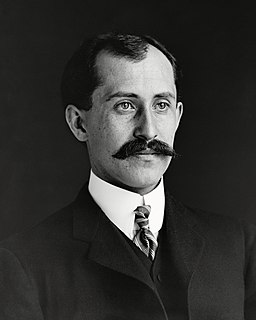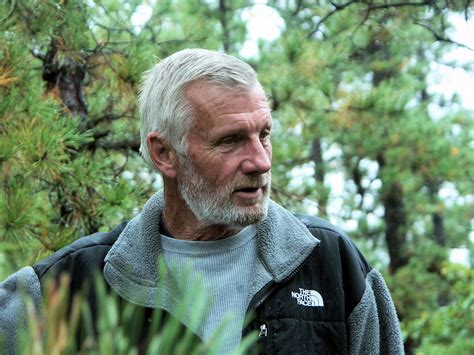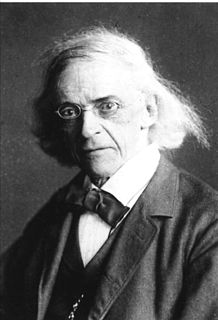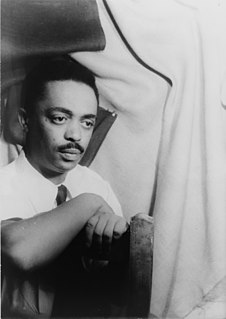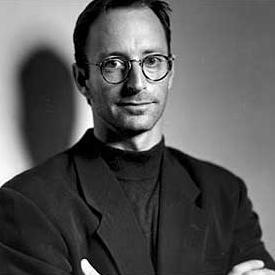A Quote by Orville Wright
One of the Life Saving men snapped the camera for us, taking a picture just as the machine had reached the end of the track and had risen to a height of about two feet.
Related Quotes
During the fiscal year ending in 1861, expenses of the federal government had been $67 million. After the first year of armed conflict they were $475 million and, by 1865, had risen to one billion, three-hundred million dollars. On the income side of the ledger, taxes covered only about eleven per cent of that figure. By the end of the war, the deficit had risen to $2.61 billion. That money had to come from somewhere.
The first track is the end of a string. At the far end, a being is moving; a mystery, dropping a hint about itself every so many feet, telling you more about itself until you can almost see it, even before you come to it. The mystery reveals itself slowly, track by track, giving its genealogy early to coax you in. Further on, it will tell you the intimate details of its life and work, until you know the maker of the track like a lifelong friend.
I saw a delicate flower had grown up two feet high
between the horses' feet and the wheel-track.
Which Dakin's and Maynard's wagons had
Passed over many a time.
An inch more to the right or left had sealed its fate,
Or an inch higher. Yet it lived and flourished,
As much as if it had a thousand acres
Of untrodden space around it, and never
Knew the danger it incurred.
It did not borrow trouble, nor invite an
Evil fate by apprehending it.
For me, personally, life in South Africa had come to an end. I had been lucky in some of the whites I had met. Meeting them had made a straight 'all-blacks-are-good, all-whites-are-bad' attitude impossible. But I had reached a point where the gestures of even my friends among the whites were suspect, so I had to go or be forever lost.
It was so ridiculous. We were just sitting there, thinking about how ridiculous it was because we literally had stray hairs on us. The camera couldn't pick up all the details, but we had some crazy things. We had huge slabs of fat on us and bits of nails and hair. It was disgusting. But, there's also the beautiful parts of it.
Only a very small proportion of us take those excesses with us into later life. In the age before everyone had a camera, it was worthwhile, in my opinion, to record those excesses. Sometimes, many times actually, the young people I photographed were only dressed that way for one night; that one night that they got snapped by me.
